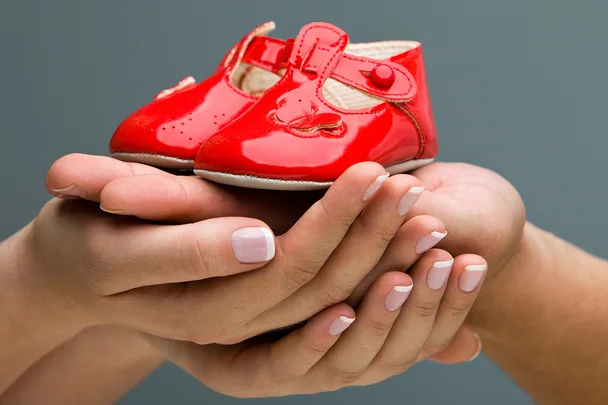A study released by Flinders University has revealed that an increasing number of Australian men and women are tempting fate when it comes to trying to have children.
The research found that the four-decade long trend towards older parenthood is remaining strong, with the survey suggesting that 57% of childless women over 35 years still intend on having a child, a common trend among professional women.
Despite increased efforts in education and awareness, the study found that both men and women “consistently overestimated natural and IVF– assisted fertility with increasing age”, which could potentially explain why many delay starting a family.
Professor Kelton Tremellen, co-author of the paper, says that because female fertility is often overestimated, many couples do not anticipate experiencing difficulties conceiving when they begin a family at a later age.
“That’s a bit of a concern because fertility declines with increasing age and we know that about 10 per cent of the population will pretty well run out of good quality eggs by their mid-thirties and are at real risk of not being able to have kids at all,” he said.
“We suggest that the addition of AMH ovarian reserve screening to routine tests, such as cervical cancer screening, for women without children who are aged more than 30 years, would improve reproductive awareness and may enhance their chances of parenthood by identifying women with accelerated ‘ageing’ of their ovaries.”
Professor Tremellen first introduced AMH testing in Australia in 2004, however, 14 years later, the study found that no men, and only 15 per cent of women surveyed were aware of ovarian reserve screening.
However, the research revealed that the “majority of women (74%) would alter their reproductive life planning if they were identified as having low ovarian reserve on screening”, giving these women the ability to bring forward their plans for natural conception or undertake fertility preservation (oocyte freezing).
The primary social determinants for starting a family included a stable relationship and career, with availability of accessible child care and paid parental leave being considered less important.










